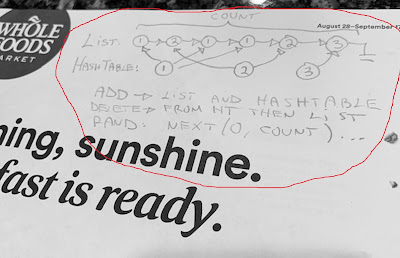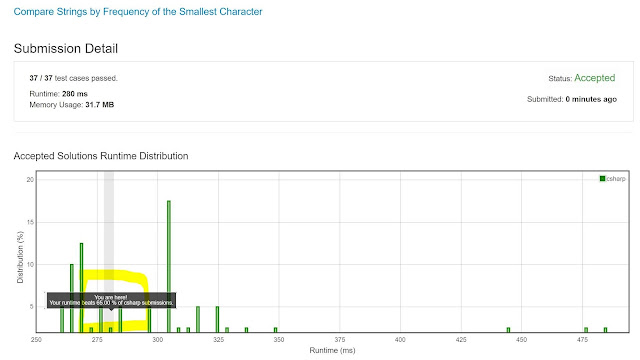Insert Delete GetRandom O(1) - Duplicates allowed (Hard)

Problem is here (#424 solved in my list): https://leetcode.com/problems/insert-delete-getrandom-o1-duplicates-allowed/ Design a data structure that supports all following operations in average O(1) time. Note: Duplicate elements are allowed. insert(val) : Inserts an item val to the collection. remove(val) : Removes an item val from the collection if present. getRandom : Returns a random element from current collection of elements. The probability of each element being returned is linearly related to the number of same value the collection contains. Example: // Init an empty collection. RandomizedCollection collection = new RandomizedCollection(); // Inserts 1 to the collection. Returns true as the collection did not contain 1. collection.insert(1); // Inserts another 1 to the collection. Returns false as the collection contained 1. Collection now contains [1,1]. collection.insert(1); // Inserts 2 to the collection, returns true. Co...




